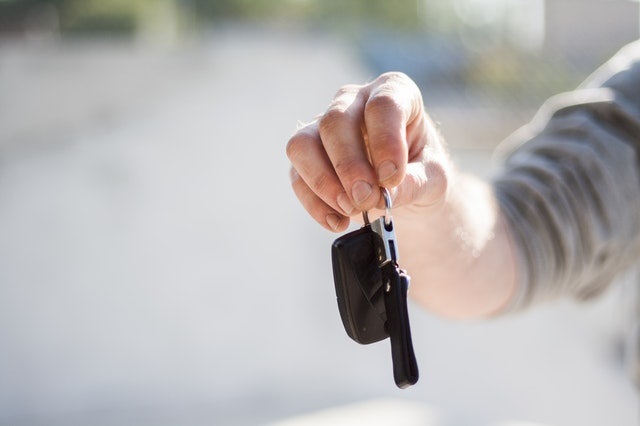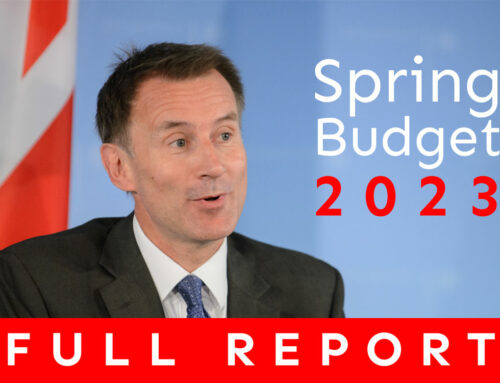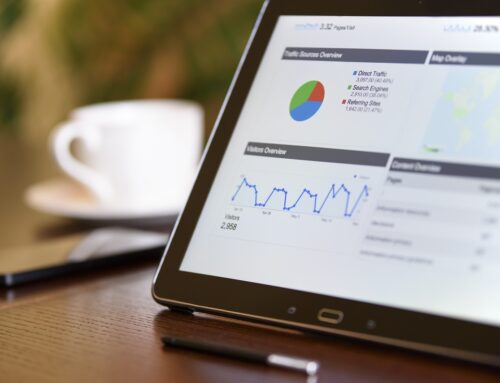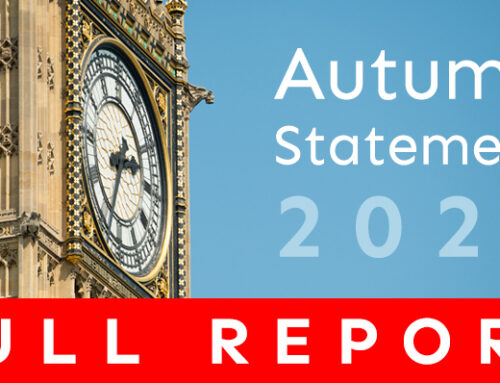A guide to tax on company cars
If you have a Limited Company and need transportation for your business you may be considering your options. So is it best to purchase a company car, or use your own car, and what tax implications can you expect for both options?
In this blog we explore exactly that, to help you decide what is the right option for you.
Personal purchase or through your Limited Company?
When looking at which scenario will be the most tax efficient route to take, further tax considerations must be made. The purchase of the car and the payment of its fuel by your company are classed as taxable Benefits in Kind (BiK) at the hands of the recipient (i.e. the director or employee of the company). The type of vehicle, its CO2 emissions, and its purchase list price will all have an impact of the value of the BiK.
The Bik is classed as employment income, and depending on whether the individual is a Basic rate taxpayer, Higher rate taxpayer, or Additional Rate taxpayer, they can expect to be taxed at either 20%, 40% or 45% respectively. Your Limited Company must also pay Class 1A National Insurance Contributions (NICs) on the benefit rate of 13.8%. It is important you speak to an accountant before you purchase a company car, as there can also be other tax implications for example the abatement of your personal allowance when your total income exceeds £100,000.
Buying or leasing a car through your Limited Company may not be the most tax efficient option, as once you’ve weighed up the additional taxes that are due against the amount of tax you could save, it may cost you more to buy the car through your Limited Company than personally. If the car in question has a high CO2 emissions figure this is particularly true.
How much tax relief can you claim if you personally own the vehicle?
For all qualifying business journey miles you make in your own personal vehicle, you’re able to claim a tax-free allowance from your Limited Company. So long as the journey is wholly and exclusively for business, you’re able to claim it as a qualifying business journey. For these journeys you’re able to claim relief at the following HMRC approved mileage rates:
| First 10,000 business miles per tax year | Each additional business mile over 10,000 per tax year | |
| Cars and Vans | 45p | 25p |
| Motorcycles | 25p | 24p |
| Bicycles | 20p | 20p |
The total cost of reimbursement for qualifying business mileage is a tax deductible expense for your Limited Company, which will incur the 19% Corporation Tax rate, and also a proportion of this can be reclaimed on your VAT return. Reimbursement of this is also tax free when you repay yourself. If any amounts are paid over the rates given, whilst the company will still receive Corporation Tax relief at its full amount, any excess will be subject to BiK. There will then be additional personal tax and National Insurance Contributions (NICs) on the individual and it would therefore not normally be tax efficient to do this.
The HMRC approved mileage rates cover all vehicle related costs, such as the fuel, insurance, servicing, etc., so you cannot also claim for the cost of these when claiming mileage through the company.
Can you claim tax relief on a car purchased through your Limited Company?
Any car/s owned through your Limited Company are classed as a company asset, and being able to calculate its Corporation Tax deduction will depend on the type of vehicle and its purchase.
Just like all company assets, a deduction is not made for the vehicle’s full purchase price in your Limited Company’s accounts as an expense. Instead, relief is given in the form of a Capital Allowance deduction when your company’s Corporation Tax liability is calculated. Depending on the vehicle’s CO2 level emissions, this will have an impact on the capital allowances that are claimed.
For example:
- Vehicles with a CO2 emissions level that’s below 50g/km = a full deduction known as First Year Allowances (FYA) will be made available if purchased new
- Vehicles with a CO2 emission figure between 50g/km and 110g/km will qualify for Written Down Allowances (WDA), which is currently an 18% deduction in the general pool (this includes second hand cars purchased with a level that is below 50g/km).
- Vehicles with a CO2 emission figure of 110g/km and above will receive a deduction of 6% for WDA in the special rate pool.
If you do not purchase your car outright (i.e. through finance rather than rental/operating lease) any interest paid under that agreement will qualify as a trading expense, and therefore the final interest amount you pay each year would qualify as a cost to your Limited Company when calculating your final profit, and would receive full Corporation Tax relief.
If you’re not comfortable purchasing a vehicle, leasing one might be the best option for you. Your next monthly leasing payment is classed as a deductible expense and would receive Corporation Tax relief. Should the vehicle you lease have an emissions figure of 50g/km or above, the total tax deductible expense is limited to 85% of the total lease cost, so it is always best to speak to an accountant before purchasing or leasing a vehicle through the company.
Company car vs car allowance – which is better?
If you have a company car you will be subjected to BiK based on its CO2 emission, and should your company pay for its fuel you will incur a further BiK. This BiK will incur Class 1A national insurance and you will have additional income tax personally.
If you were to take a cash alternative (e.g. a car allowance) instead of a company car, you’ll be liable for NICs and income tax at your tax band rate, on the full amount of the allowance as if it was a salary.
Most of the time, buying your own car and claiming your business mileage using the HMRC mileage rates is the most tax efficient.
Are you able to reclaim the VAT payable on the lease or purchase of a company car?
You’re only able to reclaim the VAT on the purchase of a business vehicle, if its sole purpose is for business use (and not for personal use by the director or employees of the Limited Company). If you’re planning on using the company car for personal and business purposes, VAT paid on its purchase would not be claimable, and you would be subject to BiK.
If you leased a car, you are able to claim 50% of the VAT amount charged on the lease payments, even if you are using the car for both personal and business use.
What about the vehicle’s running costs? Are you able to claim tax relief and claim VAT if a vehicle is owned or leased through your Limited Company?
If it’s owned by your Limited Company: all associated running costs for the vehicle are classed as tax deductible expenses – including fuel (if the company pays for it, you may chose not to and reduce your BiK), servicing, insurance and any additional maintenance.
If the company is NOT paying for the fuel: The director or employee is able to claim reimbursement using the HMRC advisory fuel rates. Whilst the rates for reimbursement are tax free, they will be lower than the cost of the fuel. These rates include VAT, so you can deduct 1/6th of the claim on your VAT return.
Are you able to claim for fuel or mileage?
If you use your own car for business purposes: Using HMRC’s business mileage allowance, which is designed to cover the cost of fuel and running the vehicle, you claim an all-inclusive amount at a certain rate per mile. See the above table for a recap on these amounts.
If your car was purchased through your Limited Company: your company is still able to claim mileage or fuel costs as a deduction from its profits, and therefore receive corporation tax relief.
Should you keep hold of your fuel receipts?
You don’t have to in order to claim mileage, but you must make a record of all the business miles you travel in order for your company to pay you the correct mileage back. If however you would like to reclaim VAT on the mileage claimed, you will need to keep hold of fuel receipts showing the VAT charged as evidence of the claim. If the company is paying for the fuel, then it should retain all fuel receipts.
Are you able to claim VAT on company car fuel?
Not if you’re claiming the HMRC mileage rate, as it’s already accounted for. If your company provides you with a company car that includes the cost of fuel, you will end up paying tax on the benefit based on a scale charge that’s linked to its CO2 emissions.
Your Limited Company will need to also pay back VAT via a fuel scale charge, as there will be an expected element of private use which will need to be accounted for.
If the company is not paying for the fuel for the company car, but are covering everything else such as insurance, servicing etc., you can instead claim the advisory fuel rates which include VAT.
Is it possible to avoid paying tax on a company car?
The only way to do so is to prove that not one single private mile was ever driven. HMRC’s benefits rules are extremely strict and unless the vehicle qualifies as a ‘pool car’ which is used by a number of employees, it’s unlikely you’ll be able to avoid the taxable BiK element.
How can Vantage help?
Before making a costly purchase such as a car, it’s always worth running your plans past a specialist accountant who will be able to advise you based on your own personal circumstances. Here at Vantage we do just that, offering tailored advice and support, designed to help you make the most from your money whilst staying on the right side of the taxman. Get in touch today to find out how we can help you.




